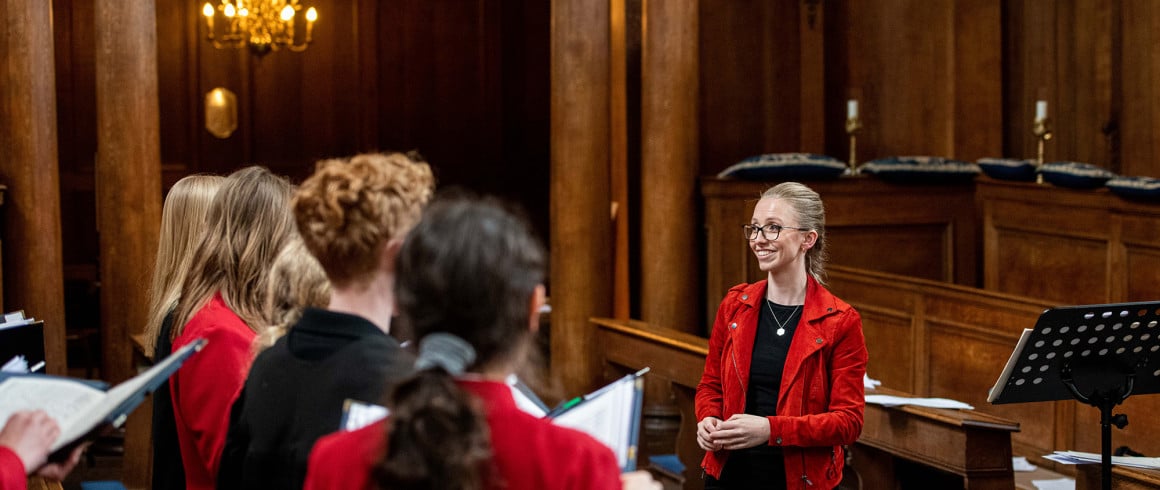Coming up on classical radio, it’s crunch time
mainOne day last week, the world’s self-styled ‘leading classical label’ signed a sweetheart deal with an online upstart.
Naxos of America licensed its entire catalogue to Pandora, an internet radio service that is gnawing away at pop and rock radio stations across the USA. Now, it’s into classical. Be afraid. Be more than a little afraid.
Pandora wants your ear time and will trample on existing outlets to get it. The energy is all flowing one way.
Pandora allows listeners to choose the music they like. Personalized stations launch instantly with the input of a single “seed” – a favorite artist, song, or genre. The Music Genome Project®, a deeply detailed hand-built musical taxonomy, powers the personalization of Pandora® internet radio by using musicological “DNA” and constant listener feedback to craft personalized stations from a growing collection of more than one million tracks.
If Pandora wins the classics war, many will say that classical radio was the author of its own downfall. For two decades, stations have been laying off presenters and putting large chunks of airtime into the hands of a central syndicator, eliminating local character and musical know-how. Listener loyalty is probably at an all-time low.
It need not be that way, however. One Texas station is trying to buck the trend (see below). Others should take note before it’s too late.
In Britain, meanwhile, a man with no broadcast experience has taken over as head of BBC Radio 3.

As it approaches its 50th anniversary, Austin’s classical music radio station KMFA 89.5 opted for a little rebellion of sorts.
The nonprofit station recently went more local.





Comments